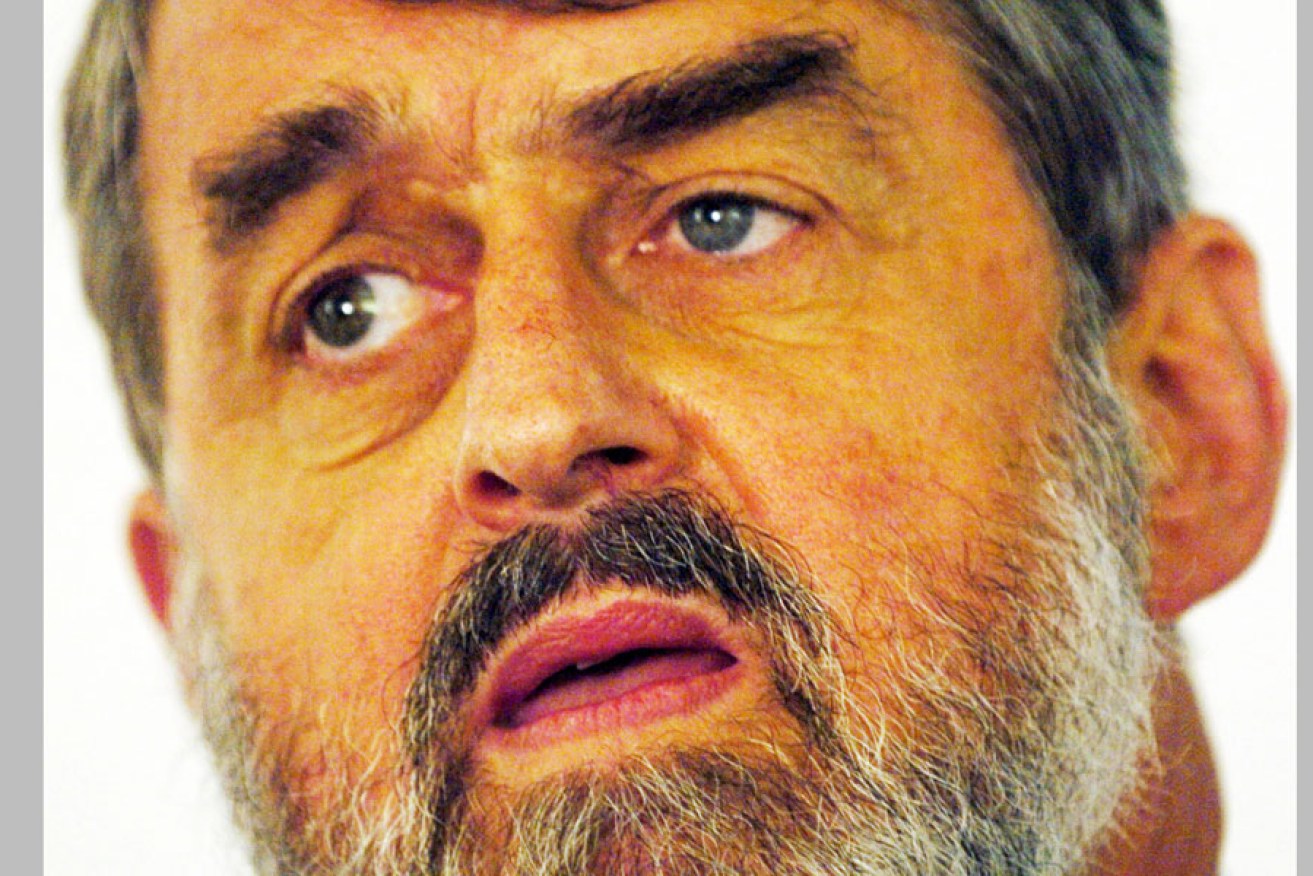Concern about destruction of Keogh evidence

Former NSW DPP Nicholas Cowdery has raised concerns about the destruction of Keogh evidence.
The state’s forensic science laboratory destroyed its last remaining evidence in the Henry Keogh murder conviction 15 months before its own policy required, it has been revealed.
In a leave to appeal application by convicted murderer Henry Keogh in the Supreme Court this month the Director of Public Prosecutions Adam Kimber SC admitted that Forensic Science South Australia (FSSA) had destroyed all remaining samples from the 1994 autopsy of Anna-Jane Cheney.
Keogh is serving a minimum 26-year sentence for the murder of his then-fiancee. This year he became only the second person to use new appeal rights to test his conviction based on new evidence, with the six-day hearing ending on Monday afternoon.
READ MORE: Henry’s Keogh’s last, best hope
Kimber could not explain how or why the autopsy samples had been destroyed to Justice Kevin Nicholson but promised to report back to the court with a written explanation from FSSA. No such explanation had been furnished to the court by the end of the hearing.
FSSA declined to comment to InDaily directly on the issue, except to say through a spokesperson: “Forensic Science SA will prepare a Statement if requested”.
However, it appears on the face of it that FSSA were in breach of the relevant State Records schedule of disposal for autopsy samples, which allows for retention for a minimum 20 years.
The schedule is contained in the State Records Act 2004 and is called the “operational records disposal schedule 2000/03 Version 2”.
The court was told that the samples were destroyed in approximately December 2012. The Anna-Jane Cheney autopsy was conducted on March 24 1994, making the evidence destruction 15 months before the 20 year retention period was due to expire.
Former long-serving New South Wales DPP Nicholas Cowdery told InDaily that the destruction of the autopsy tissue – apparently prematurely and against policy – was “potentially a very serious development”, but it would depend on further findings of fact by the current court or the Court of Appeal.
But the real impact of the disposal may yet to be felt.
If Keogh’s appeal proceeds to the Court of Appeal, the court it will have three choices: acquit; reject the appeal or order a retrial.
But a re-trial may no longer be possible, according to Cowdery.
“Whether or not a re-trial would be feasible depends on the availability of evidence, now,” he said.
“If a court thought a re-trial was justified but futile, due to the destruction of evidence, then it then becomes a very delicate matter indeed. Essentially the court would have to choose between a rejection of the appeal or outright acquittal.”
Cowdery was NSW DPP for 16 years until 2011 and is now an Adjunct Professor of Law at the University of Sydney and a Visiting Professorial Fellow at the University of NSW.
The revelations in court led to disquiet among Justice Nicholson and Keogh’s lead counsel Marie Shaw, QC.
Nicholson said: “It’s an interesting proposition, given the evidence we heard yesterday about the importance of retaining this sort of material, virtually indefinitely.”
Shaw pointed out that at the time of the destruction Keogh had a live petition before the Governor to have his conviction reviewed.
This raises a separate question for FSSA to address. The State Records schedule requires that records not be destroyed if “an agency is aware that records may be required for use in litigation … or government inquiry …”
It goes on: “In such cases the records must be retained until two years after all cases and inquiries are complete, including appeals.”
Keogh and his lawyers have never lost interest in agitating his case and have brought about numerous court actions and at least four petitions to the Governor of South Australia for a review of the conviction.
The destruction raises the question as to how FSSA could not have known of the continuing legal moves in relation to the Keogh conviction when it destroyed the autopsy tissues.
The court heard that other samples from the Anna-Jane Cheney autopsy were removed about a decade ago from FSSA and remain in the Flinders University Medical School where they have been examined by Professor Tony Thomas.
However, the evidentiary status of these samples is unknown since they left the custody of the State Government agency tasked with preserving evidence in criminal cases.
Justice Nicholson has retired to consider his decision.




